A Leading Climate Agency May Lose Its Climate Focus
The Trump Administration appears to be removing references to climate from the National Oceanic and Atmospheric Administration’s mission statement.
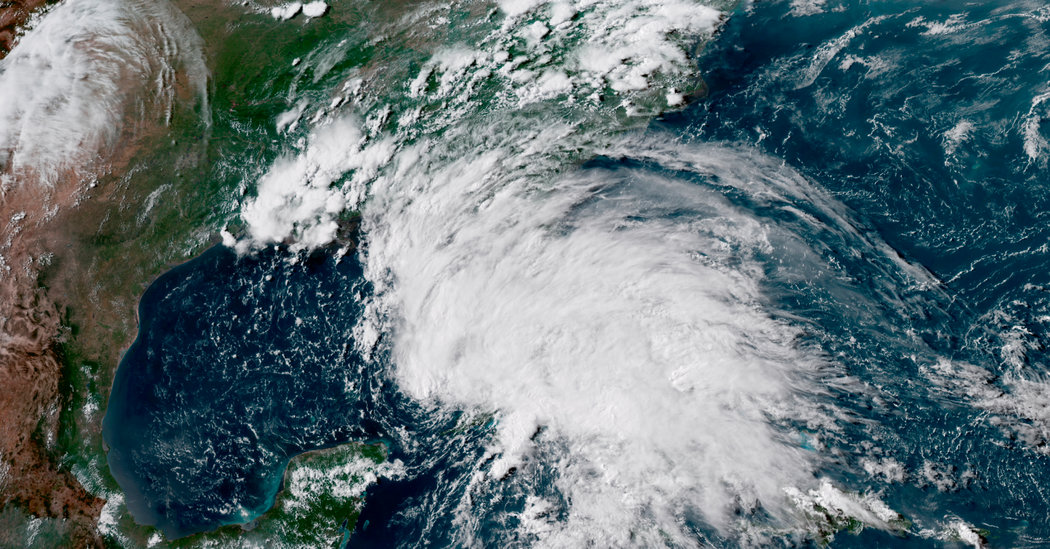
Send us a link
The Trump Administration appears to be removing references to climate from the National Oceanic and Atmospheric Administration’s mission statement.

Compared to White adults in the United States, Black adults are two-thirds as likely to hold a college degree and Latino adults are only half as likely – with both groups attaining degrees at a lower rate in 2016 than White adults did back in 1990, according to a new report by The Education Trust.

Spending bills would boost construction account without cutting research grants, marking the second year that lawmakers have rejected President Donald Trump’s plans for the agency, which called for deep cuts in 2018 and flat funding in 2019.
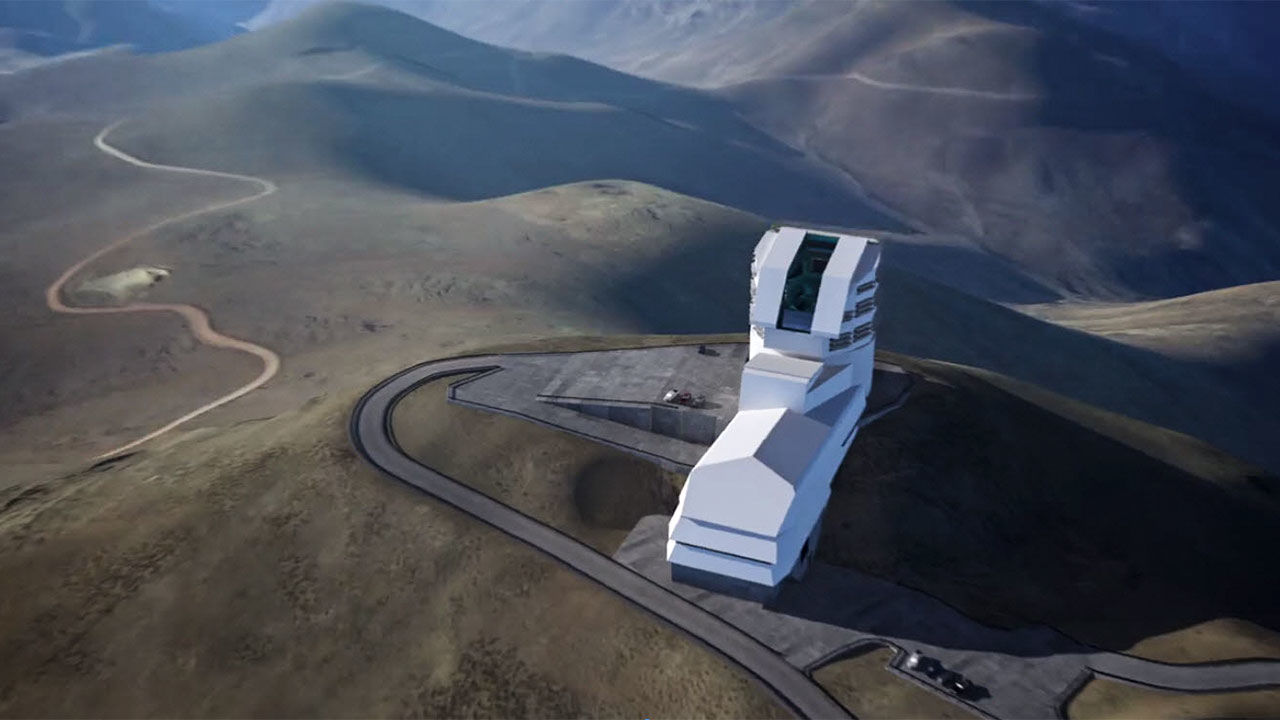
The drinking study had raised concerns because NIH officials had solicited funding for the $100 million project from liquor companies, with the money funneled through the private NIH Foundation.
When asked why he changed his mind, Bridenstine told The Washington Post, "I heard a lot of experts, and I read a lot. I came to the conclusion myself that carbon dioxide is a greenhouse gas, that we've put a lot of it into the atmosphere, and therefore we have contributed to the global warming that we've seen."
Independent board will review agency decisions to repeal or change climate regulations and rules on the use of non-public data.
The National Cancer Institute has invested millions of dollars into determining the genetic sequences of patients’ tumors, and researchers have found thousands of genes that seem to drive tumor growth. But until patients’ medical records are linked to the genetic data, life-or-death questions cannot be answered.

Something strange began happening with a U.S. Department of Education loan program known as Parent PLUS, under which parents borrow money from the government to finance their children’s education.
Michael Eisen is anything but silent. In his career as a scientist, which has included a slapdash U.S. Senate campaign, blog posts, and nearly 39,000 tweets, he has lobbed grenades at the powers that be.
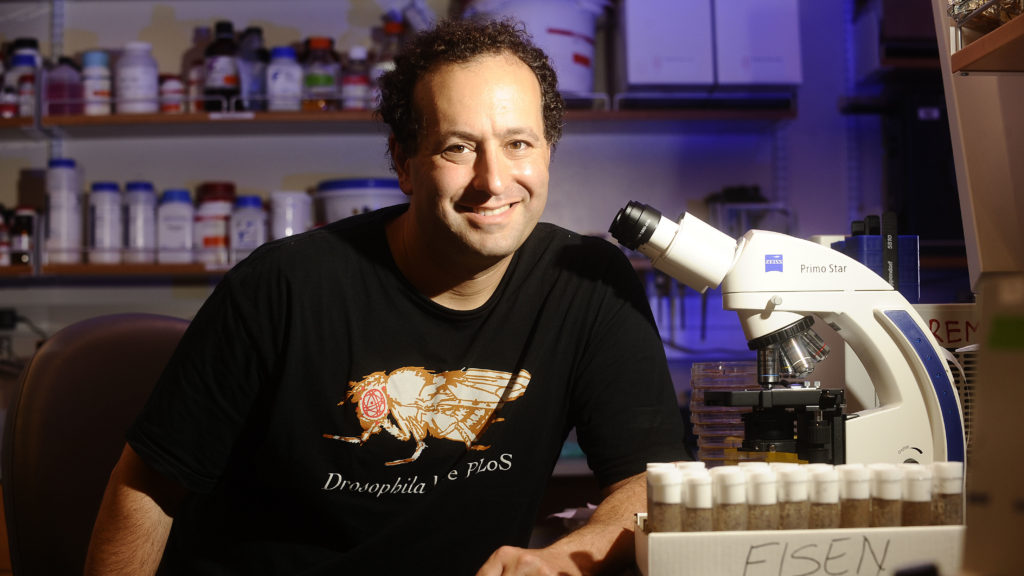
In this era of billionaires and unequal funding, where is research going? And perhaps more importantly, how will our changing resources affect the training, success, and diversity of the scientists of our future?
With several members departing and new leadership incoming, the National Science Board used much of its May meeting to reflect on how it has ramped up its engagement on policy matters in recent years. One focus of discussion was how the board has increasingly drawn attention to the emergence of China as a global leader in science and engineering.
'Devil in the details' when US and European researchers try to work together under Horizon 2020. When it comes to US-European relations, nothing is simple these days.
Fourteen climate researchers, including six from U.S. universities, have been selected for French President Emmanuel Macron’s “Make Our Planet Great Again” initiative. The scientists applied to move to France to carry out climate science projects in the country’s top research laboratories.
Information about participants in the unprecedented “All of Us” study is protected from inquiries by law enforcement, officials said.
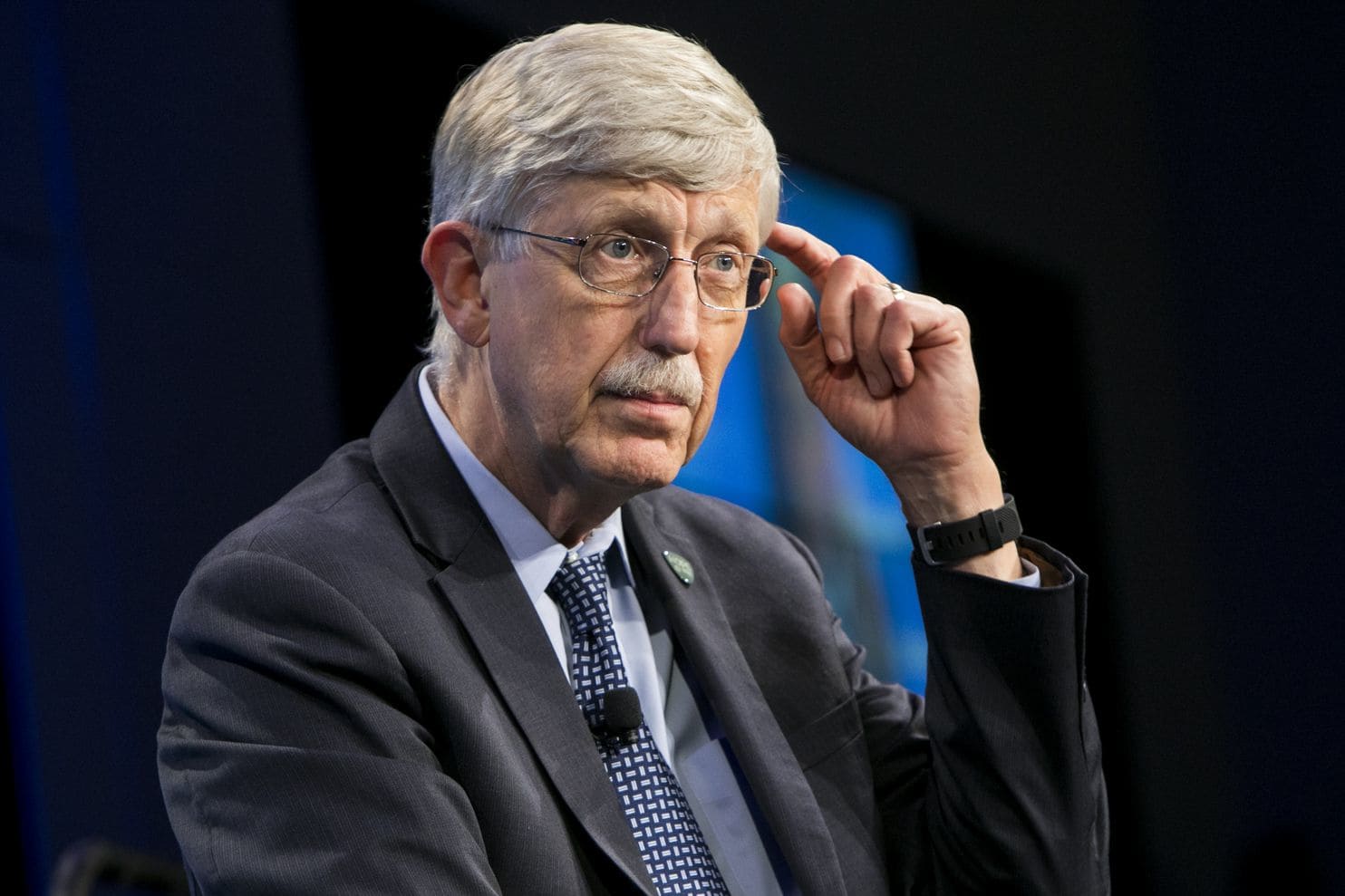
A group of 23 U.S. government agencies, including the NSF, have joined to produce the Interagency Strategic Plan for Microbiome Research, which outlines the objectives, structure and principles for coordinated research in this important field of study.
Response to a proposed rule announced by the Environmental Protection Agency (EPA) in a 24 April 2018 press release.
Images from Landsat satellites and agricultural-survey programme are freely available to scientists - but for how long?
The agency plans to publish a new regulation Tuesday that would restrict the kinds of scientific studies the agency can use when it develops policies.
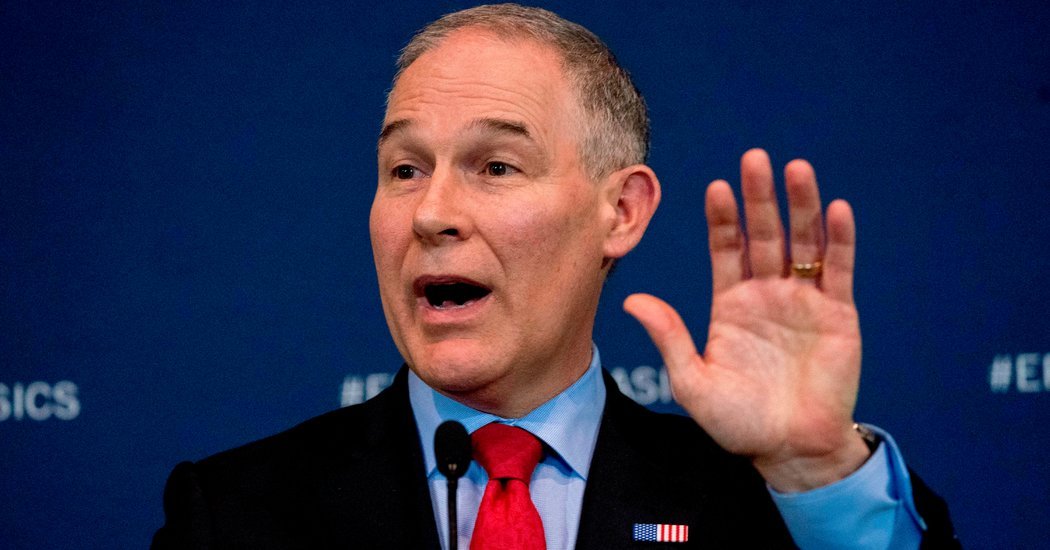
For the USA, the entire history of science Noble prizes is described on a per capita basis to an astonishing accuracy by a single large productivity boost decaying at a continuously accelerating rate since its peak in 1972.
By limiting how long postdocs can be federally funded and by making it more expensive to keep them designated as trainees, research institutions will have an incentive to employ more permanent staff scientists, providing a much-needed additional career option for young scientist.
